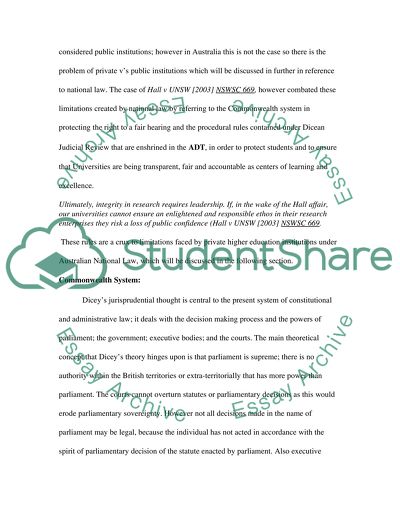Cite this document
(Are Decisions Made by Universities Directly Affecting Students Justici Coursework, n.d.)
Are Decisions Made by Universities Directly Affecting Students Justici Coursework. https://studentshare.org/law/1521320-are-decisions-made-by-universities-directly-affecting-students-justiciable
Are Decisions Made by Universities Directly Affecting Students Justici Coursework. https://studentshare.org/law/1521320-are-decisions-made-by-universities-directly-affecting-students-justiciable
(Are Decisions Made by Universities Directly Affecting Students Justici Coursework)
Are Decisions Made by Universities Directly Affecting Students Justici Coursework. https://studentshare.org/law/1521320-are-decisions-made-by-universities-directly-affecting-students-justiciable.
Are Decisions Made by Universities Directly Affecting Students Justici Coursework. https://studentshare.org/law/1521320-are-decisions-made-by-universities-directly-affecting-students-justiciable.
“Are Decisions Made by Universities Directly Affecting Students Justici Coursework”. https://studentshare.org/law/1521320-are-decisions-made-by-universities-directly-affecting-students-justiciable.


